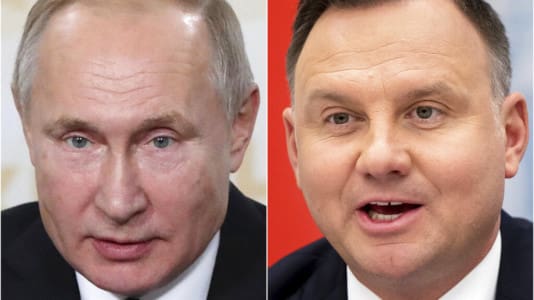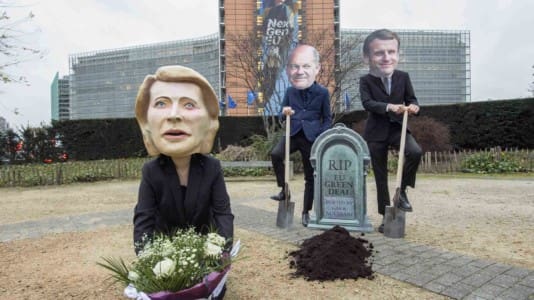“Today, we are no longer allies with Salvini and Berlusconi. They preferred an alliance with the center-left with both Draghi and Mattarella. We could have won, yet we hurt ourselves,” decried Giorgia Meloni following the results of the recent presidential elections in Italy. As the leader of the largest right-wing party in Italy, the Brothers of Italy (FdI), Meloni voiced her bitter disappointment over not only the choice of the left-wing, 81-year-old president, Sergio Mattarella, but mostly over what she perceived as a betrayal by her fellow center-right parties.
As it turns out, Matteo Salvini, leader of the center-right League, along with Berlusconi’s Forza Italia (FI), also voted for Mattarella despite earlier pledges to the contrary, and crucially, Salvini cast his votes despite a standing agreement made with his allies on the center-right, Meloni’s FdI.
Not only did he break the earlier agreement with his allies, he did not even inform them of his decision prior to the vote. This has, unsurprisingly, put a nail into the coffin of the center-right alliance of Meloni, Salvini and Berlusconi — at least for now.
[pp id=6718]
But what is Salvini trying to achieve, and what explains his seemingly erratic and unprincipled behavior?After the elections, he argued that Mattarella was the only plausible candidate left after many rounds of voting. In a way, this is true, but only because despite their numbers in the Italian parliament, center-right parties were unable to bring any of their own candidates forward successfully.
First, their unofficial candidate, Silvio Berlusconi, withdrew before the election without even trying based on unfavorable opinion polls. After this, Maria Elisabetta Casellati of the FI was put forward by the center-right, but only gained 382 votes instead of the 505 needed. Both Salvini’s and Berlusconi’s parties voted for her without success. So, in the end, Salvini decided to vote for the only plausible candidate left in order to break the impasse, even though this was a politician who he pledged several times not to vote for. Mattarella is everything Salvini had rallied against in the past years, a co-founder of the Democratic Party, that had seen Italy becoming the main port for illegal migrant entries that Salvini had previously fought against.
This was not the first political u-turn that Salvini had performed in the past years. Last year, he has rather inexplicably, propped up Mario Draghi’s left-wing government by joining it, now serving as a deputy-prime minister. Instead of forcing an election, where the conservative alliance could have won a majority, he had joined the left that he so often berated for its handling of the pandemic and for their willingness to become the main port for migrant-smuggling gangs and NGOs. With this, Salvini has shown himself to be a pragmatic politician, but conservative pragmatism has in the past decade become a by-word for a willingness to vote for a bad option if that is the only one. However, if anyone wanted to see the root causes of the absolute dominance of the radical left in Europe, one has to look no further than precisely this type of well-meaning, compromise-seeking pragmatism of the conservative right.
[pp id=24157]
Salvini is playing a very dangerous game though. His popularity is sinking, down from its peak of 24 percent when he joined the Draghi government a year ago to just 18 percent. Meloni’s popularity is rising, and she is well justified in saying that she may have been left alone in the parliament as the only true center-right party, but on the streets she has the support of the Italian people (currently at 20%).
The conservative alliance between the three right-wing parties in Italy has been absolutely crucial for the wider, pan-European front against the ruling hegemony of the progressive left. Salvini was an important ally to Viktor Orbán and Mateusz Morawiecki in forming an effective front against the pro-migration lobby in the EU. With his continued broken promises, Salvini also keeps sapping away the confidence of the conservative voting segment in Italy. Why vote for him when one still gets Mattarella, Draghi, and a host of left-wing policies in the end?
There is still hope that Salvini will be able to redeem himself in the end with a huge twist in this story, but in reality, his example is an already familiar one. From the EU to the U.S., conservative anti-globalist politicians, from Nicolas Sarkozy to Boris Johnson, from Erin O’Toole to Petr Fiala, promise so much, but in the end, at the crucial moment when they are offered a chance to seize the initiative and introduce real change, they all cave in.






